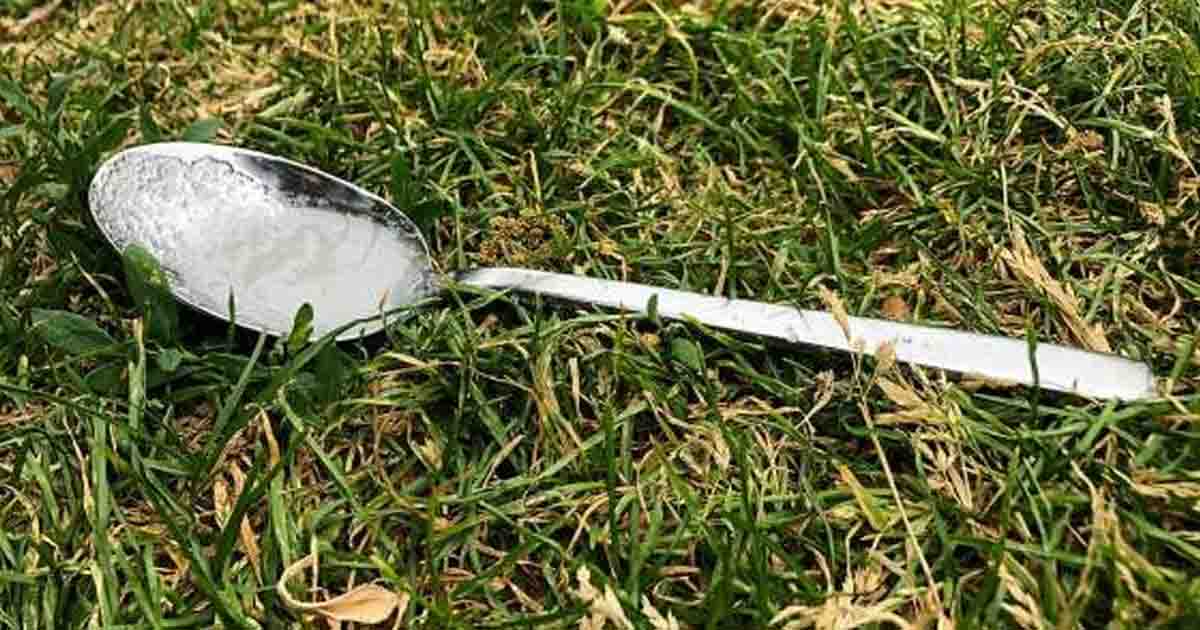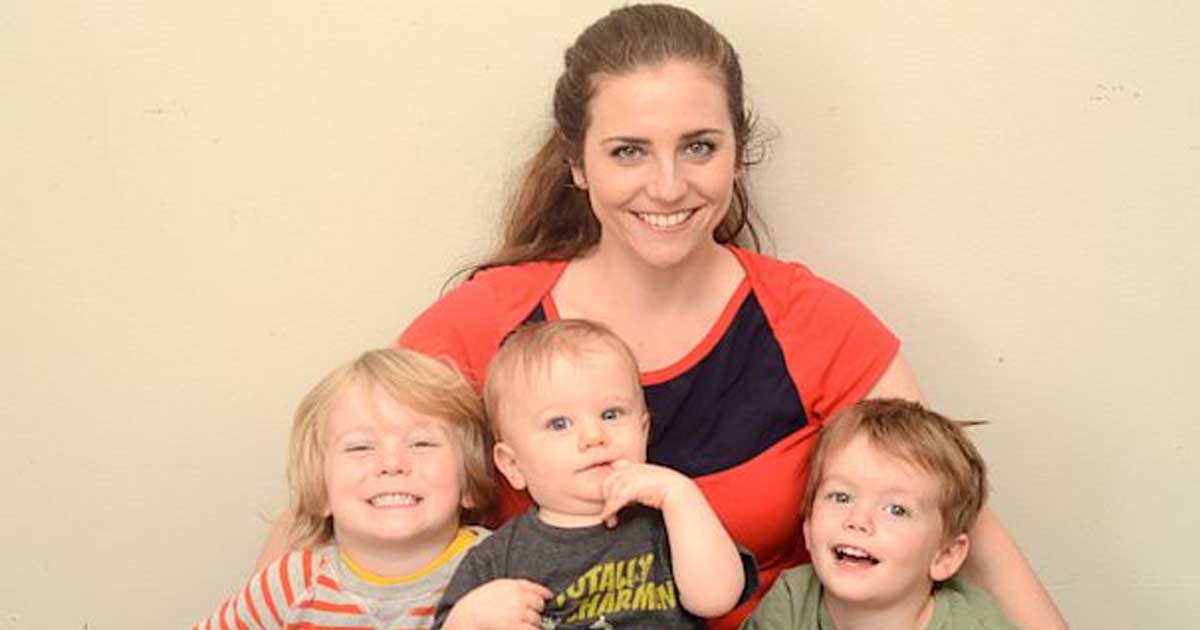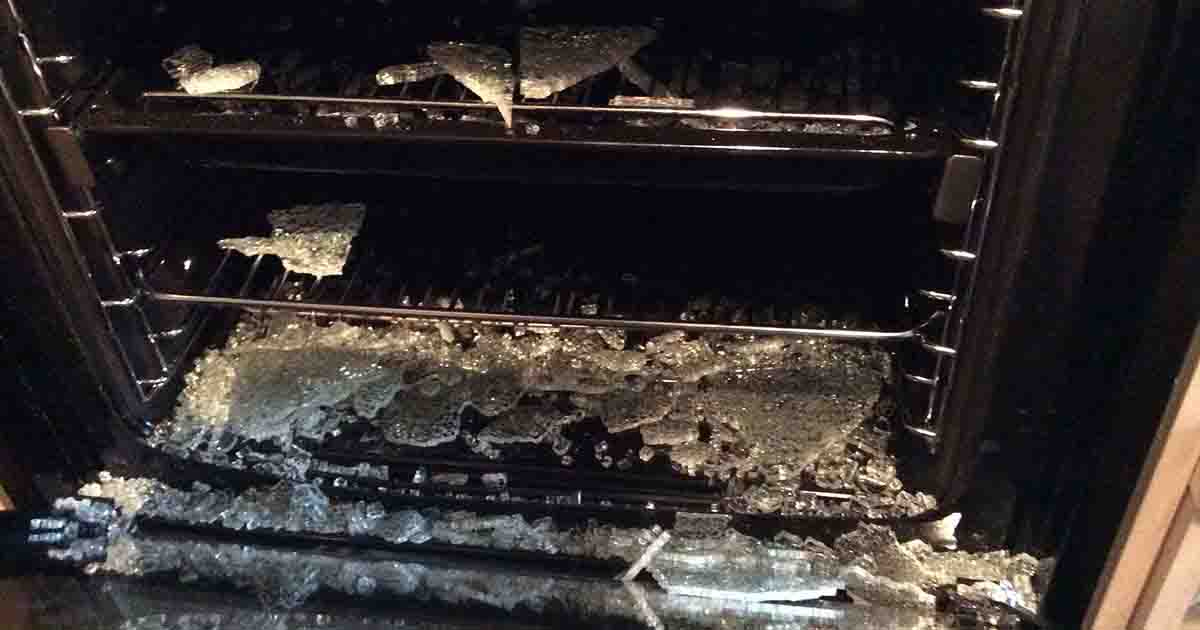Tragedy in Arizona—10-year-old boy dies hiking in extreme heat
In a tragic event, a 10-year-old boy died from heat-related complications while hiking in South Mountain Park and Preserve, Phoenix. According to a Phoenix Police Department press release, the boy became ill during a hike with his family on July 2.
Despite being airlifted to an ambulance and rushed to the hospital, he was in critical condition upon arrival and later succumbed to a severe heat-related medical event.
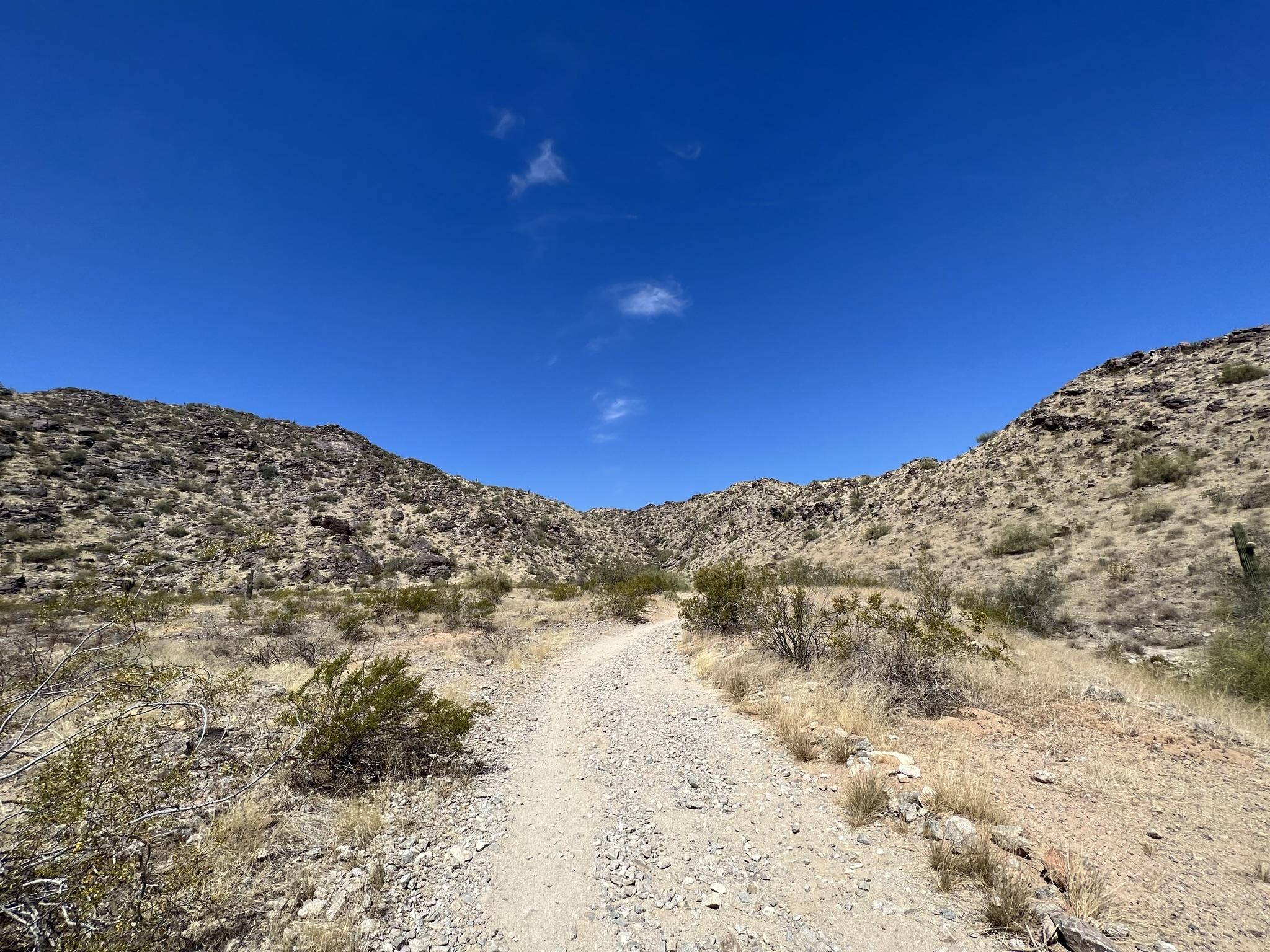
The incident occurred roughly one mile into the Mormon Trailhead. On that day, Phoenix temperatures reached a scorching 113 degrees Fahrenheit, as reported by The Weather Channel, contributing significantly to the boy’s condition. Phoenix Police detectives are currently investigating the circumstances surrounding this unfortunate event.
This tragedy is not isolated. Just last month, a mother of two died from heat exhaustion while hiking in Sedona, Arizona. According to People, she was visiting from Pennsylvania with her family. The Yavapai County Sheriff’s Office, after interviewing her family, reported that she succumbed to heat exhaustion and was not treated in time, underscoring the severe risks posed by the extreme heat in the region.
In response to the increasing number of heat-related incidents, Phoenix has taken preventive measures. Since April, the city has closed three popular hiking trails—Camelback Mountain’s Echo and Cholla Trails, and all trails at Piestewa Peak Trailhead—on days when the National Weather Service issues an excessive heat warning. These closures include restricted access, closed parking lot gates, and signage to warn and prevent heat-related injuries and deaths.
Additionally, the Phoenix Fire Department has implemented a cold water immersion technique to treat heat victims. This method involves using specialized ice bags to quickly cool individuals suffering from extreme heat-related illnesses, especially when body temperatures exceed 104 degrees Fahrenheit and altered mental status is observed.
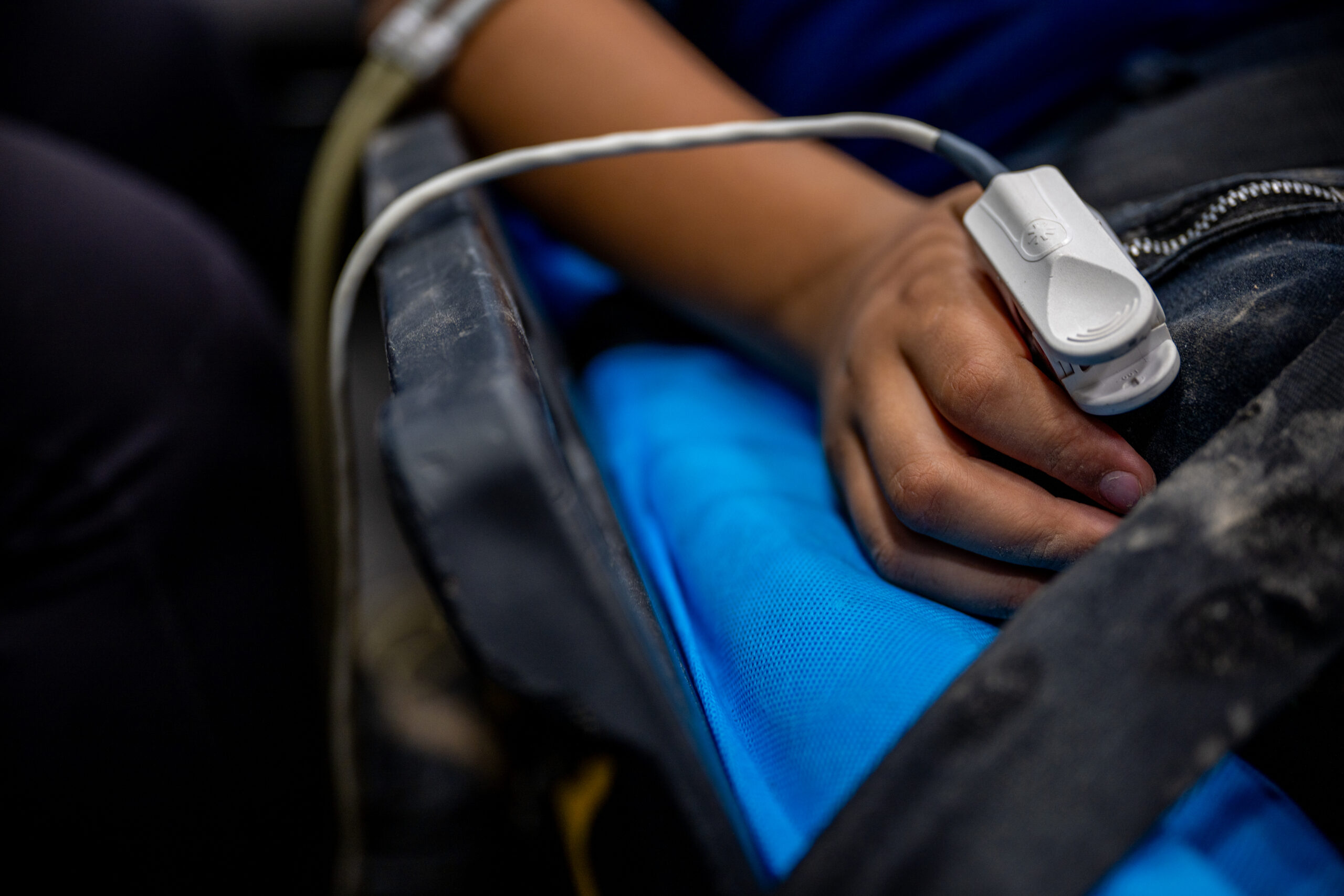
The National Weather Service stresses the preventability of heat-related illnesses through proper precautions. Recommendations include limiting exposure to high temperatures, staying hydrated, wearing lightweight and light-colored clothing, eating small, frequent meals, monitoring those at high risk, and staying indoors during excessive heat periods.
Symptoms of heat exhaustion include dizziness, thirst, heavy sweating, nausea, and weakness. More severe heat stroke symptoms include confusion, dizziness, and unconsciousness, necessitating immediate medical attention and calling 911.
This heartbreaking incident emphasizes the critical need for awareness and adherence to heat safety guidelines to prevent similar tragedies.
